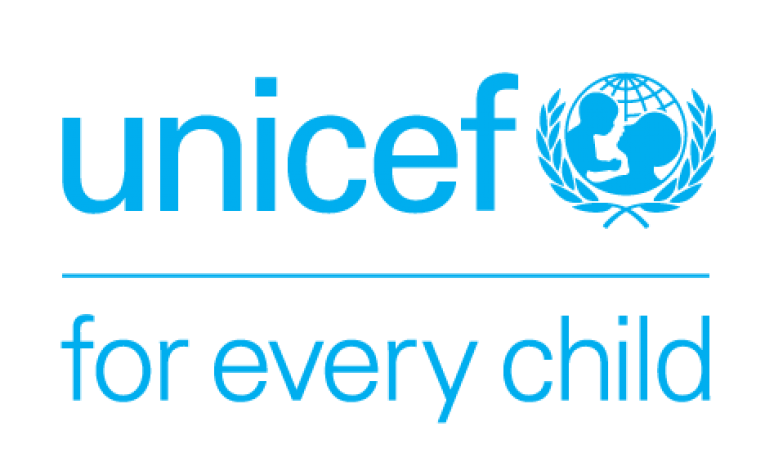UN agencies welcome latest relocations of unaccompanied children from Greece, call for further action and solidarity
IOM, the International Organization for Migration, UNHCR, the UN Refugee Agency, and UNICEF, the UN Children’s Fund today welcomed the latest relocations of 49 unaccompanied asylum-seeking and migrant children from Greece to Portugal and Finland.
Twenty-four unaccompanied asylum-seeking children left Greece and arrived safely in Finland this afternoon. On Tuesday, 25 unaccompanied children arrived safely in Portugal. All the children arrived in good health.
The 49 children had been living for several months in overcrowded reception and identification centers on the islands of Lesvos, Samos, Chios and Kos.
For Mehrang*, 16, from Afghanistan, it is his first time getting on a plane. “I am really excited about it,” he said before boarding the flight in Athens.
“I do not know much about Portugal, but I am making positive thoughts about my new beginning. I am looking forward to going there and joining the local school. I know that learning the language is important. After that, I hope to go to the university. I want to become a psychologist and communicate with other people. I have made this decision back in my country and I am sure I want to follow this road,” he said.
The children were flown out of Greece as part of a relocation project supported and funded by the European Commission. It aims to relocate some 3,300 people, including 1,600 unaccompanied and separated children, and other vulnerable people, from Greece to other participating European states.
Portugal is planning to welcome a total of 500 unaccompanied children from Greece, while Finland has committed to relocating up to 175 unaccompanied children and other vulnerable asylum seekers from Greece, Malta and Cyprus.
The three UN agencies welcomed the arrivals as an encouraging continuation of a relocation project that has so far brought 65 unaccompanied children to Germany and Luxembourg between April and June.
“We are still in the early stages but the relocations are set to accelerate through this cooperative effort between Greece, European states, UN agencies and the European Commission,” said Ola Henrikson, IOM Regional Director for the EEA, EU and NATO. “Relocation is an effective and humane act of solidarity that works. It works for the most vulnerable children and others in need, it works for Greece and for other European states.”
“We are very pleased to see the commitments by EU states translating into concrete action. This is evidence that European solidarity can work. Such collective efforts to find solutions need to continue and be strengthened”, said Pascale Moreau, UNHCR Regional Director for Europe. “There are still hundreds of unaccompanied refugee children in Greece in desperate and unsafe conditions. Securing their future and well-being should be our common goal”.
“Europe is offering these children a fresh start in life,” said Ms. Afshan Khan, UNICEF Regional Director for Europe and Central Asia and Special Coordinator for the Refugee and Migrant Response in Europe. “With proper health care and opportunities to learn and acquire skills, and with the love and support of families and communities in their new host countries, they can finally build the futures of their dreams. We can and must move faster for the children still left behind.”
The relocations were organized by the Governments of Portugal, Finland and Greece and coordinated by the European Commission with support from IOM, UNHCR and UNICEF and the European Asylum Office (EASO).
To date, 11 EU Member States are participating in the scheme. The next transfers will take place in the coming weeks to Belgium, France, Germany, Lithuania and Slovenia.
As of early July, there were almost 4,700 unaccompanied and separated children in Greece in urgent need of durable solutions, including expedited registration, family reunion and relocation. Among them, over 1,100 are exposed to severe risks, including exploitation and violence, and facing precarious conditions in the over-crowded reception and identification centers on the Aegean islands.

